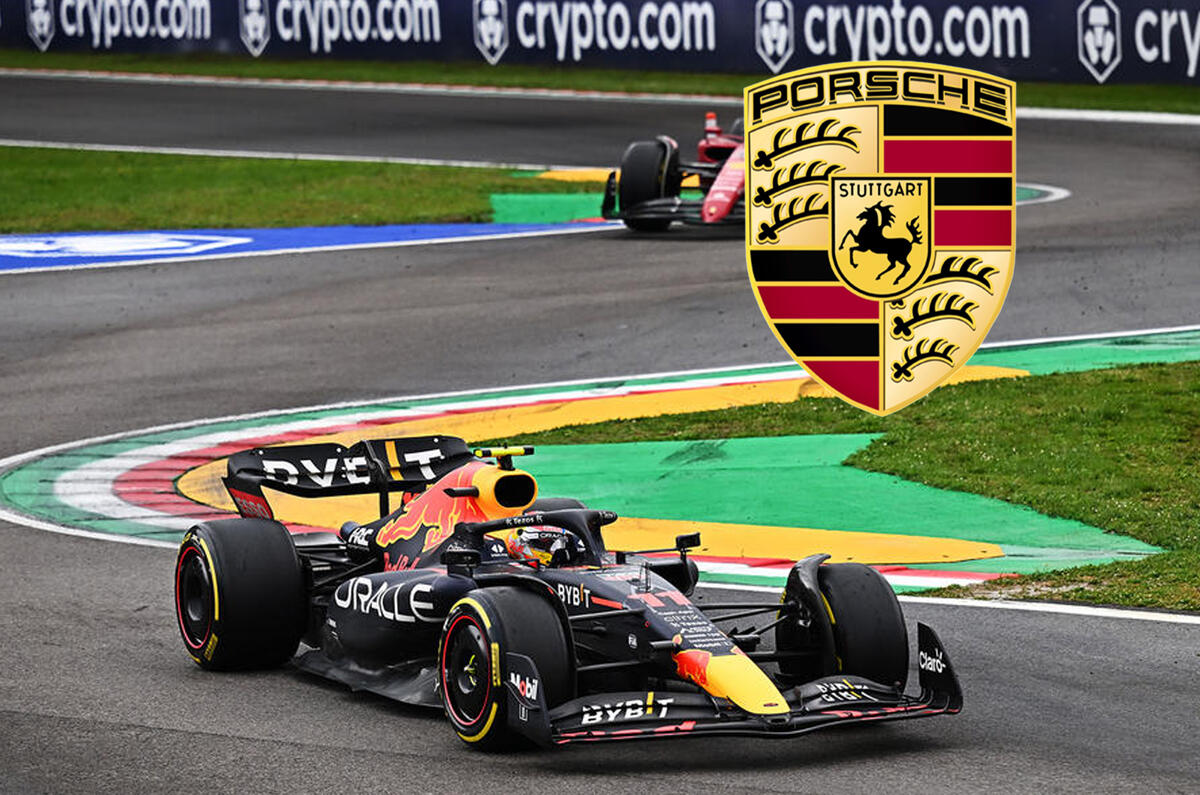The failure of Porsche and Red Bull Racing to forge an alliance in Formula 1 leaves the German manufacturer with limited possibilities if it does still wish to make an entry into the pinnacle of motorsport when the engine rules change in 2026. How and with whom are two monumental questions, for which there are no obvious answers.
The tensions in the Red Bull deal had been obvious for a while. Team principal Christian Horner made it all too clear in public that he wasn’t in favour of an agreement whereby Porsche would take a 50% share in the operation, ensuring it would be much more than a simple powertrain supplier, as Honda had been with the Austro-British team previously.
Red Bull founder Dietrich Mateschitz was said to be keen on a Porsche deal that at first glance made sense. He’s 78 and surely mindful of securing the future of the team beyond his lifetime, and a tie-in with such a prestigious and powerful car manufacturer was a strong and obvious option.
That Horner has managed to resist losing control, in a deal that might have spelt the beginning of the end of his long and successful time running Red Bull’s F1 operation, says much about his influence.
You can understand his position. Horner rightly takes a large slice of credit for turning the team formerly known as Jaguar Racing from a shambles into one of the greatest and most successful in F1 history: four consecutive double titles with Sebastian Vettel between 2010 and 2013, a drivers’ crown with Max Verstappen last year and this season what looks certain to be a second championship for the Dutchman and the bonus of a constructors’ trophy too.
At the same time, Horner is nearing completion of a monumental project to build and launch a powertrain division employing more than 400 people on the Milton Keynes campus – solely to build a handful of F1 engines each year.
Thanks to a strong portfolio of commercial sponsors, Red Bull clearly doesn’t need Porsche now and arguably won’t in the future.
There was always a big question mark over how such a partnership would work. Porsche badges on an engine designed by Red Bull’s employees in Milton Keynes? That was never going to wash for a manufacturer with a proud tradition of motorsport success on its own terms. The pieces of this jigsaw never did quite match up, and that much was obvious when Autocar paid Horner a visit to find out more about the powertrain division before the start of the season. On the subject of Porsche, he welcomed the interest – but we sensed some reticence about how an alliance might work.
So what now? In its statement, Porsche said: “The premise was always that a partnership would be based on an equal footing, which would include not only an engine partnership but also the team. This could not be achieved. With the finalised rule changes, the racing series nevertheless remains an attractive environment for Porsche, which will continue to be monitored.”




Add your comment